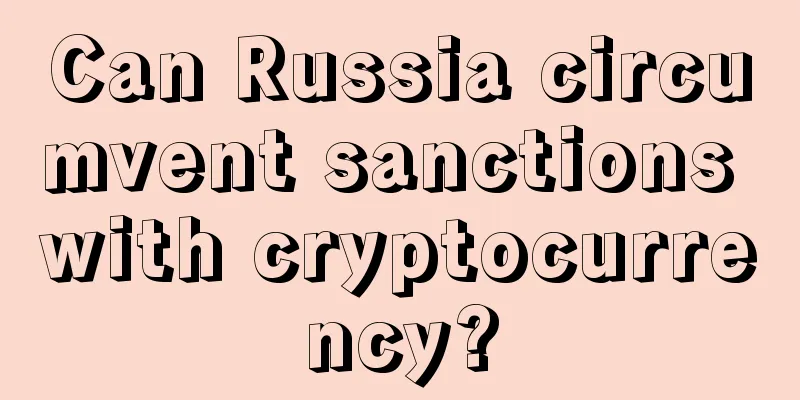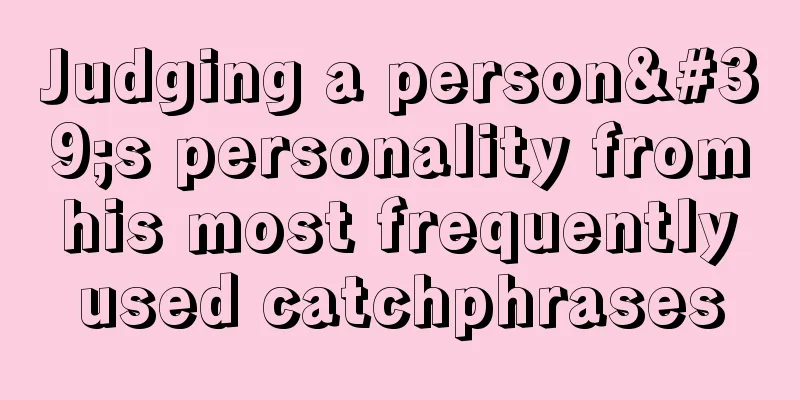Can Russia circumvent sanctions with cryptocurrency?

|
The situation between Russia and Ukraine is escalating, and the United States, Europe and other countries have once again escalated their financial sanctions against Russia. On February 26, the third wave of sanctions against Russia began. The United States, the European Union, the United Kingdom, and Canada issued a joint statement announcing a ban on several major Russian banks from using the SWIFT international settlement system. As soon as the news came out, analysts described the severity of this measure as a "financial nuclear bomb" and "nuclear weapon level." However, in a recent joint statement, the US and the EU pointed the finger at the Russian Central Bank, "to prevent the Russian Central Bank from selling a large amount of US dollar assets in the international market, causing violent market fluctuations and even triggering a financial crisis, which would destroy the economies of Western countries." Once the central bank's assets are frozen, Russia will not be able to use foreign exchange to intervene in the currency, making it difficult for the Russian Central Bank to stabilize the exchange rate. Previously, some analysts believed that the rapid development of Bitcoin and other cryptocurrencies in recent years may provide Russia with a means to evade sanctions. Caroline Malcolm, international policy director of blockchain analysis company Chainalysis, said: "Like the traditional financial system, Russia can use cryptocurrencies to evade and deal with the sanctions." So, is cryptocurrency Russia’s savior? Increasingly stringent periphery Data from cryptocurrency researcher Chainalysis shows that trading between the Russian ruble and crypto assets such as Bitcoin and Tether has doubled since the conflict began, reaching $60 million a day on Monday. This suggests that Russian accounts that have been banned from accessing the existing dollar-based financial system through sanctions are depositing funds into cryptocurrencies or moving wealth overseas. However, sanctions related to Russian cryptocurrencies came at the same time. On March 1, the U.S. Treasury Department officially added crypto asset restrictions to its sanctions guidelines against Russia. On the same day, the U.S. Treasury Department's Office of Foreign Assets Control (OFAC) solidified the Russia-related executive order issued by the Biden administration last year by issuing new rules for transactions with Russian entities. The executive order details the patterns in which accounts may be connected and therefore blocked, and states that digital assets are included in the sanctions and should not be used to circumvent the order. In addition, the U.S. Treasury Department also asked Binance, FTX and Coinbase to block sanctioned persons and addresses. Currently, cryptocurrency exchanges Binance, Kraken and Coinbase have rejected the request of the Ukrainian Deputy Prime Minister to block all Russian cryptocurrency trading accounts. The three digital asset exchanges stated that Russian users' accounts cannot be frozen without legal requirements. In addition, NFT platform DMarket, synthetic asset platform Public Mint, and blockchain game company Animoca Brands have suspended services to Russian users. Different opinions Ross Delston, an American anti-money laundering expert, believes that due to the existence of cryptocurrencies, traditional financial sanctions are ineffective. He pointed out that the financial sanctions imposed by the United States and the European Union rely heavily on traditional banks as the first-line executors. If sanctioned corporate entities or individuals seek transactions denominated in traditional currencies such as the US dollar and the euro, banks will be able to mark and block these transactions. However, the characteristics of cryptocurrencies operating outside the global banking field make them an excellent tool for circumventing sanctions. The above view was also supported by a report released by the U.S. Treasury Department in October last year. At that time, Treasury officials warned that the existence of cryptocurrencies could reduce the effectiveness of U.S. sanctions and "allow sanctioned persons to hold and transfer funds outside the traditional financial system." A different view is that Russia cannot and will not use cryptocurrencies to evade sanctions. Jake Chervinsky, policy director of the Blockchain Association, a U.S. nonprofit, said concerns about cryptocurrencies being used to evade sanctions are completely unfounded. Chervinsky laid out three reasons why Russia is unlikely to use cryptocurrencies to bypass U.S. sanctions. First, sanctions are not limited to the U.S. dollar, and it is now illegal for any U.S. business or citizen to trade with Russia. "It doesn't matter if they use dollars, gold, shells or Bitcoin," he said. Second, the financial needs of a country like Russia far exceed the current capacity of the crypto market, which Chervinsky called "too small, too costly, too transparent, and useless for the Russian economy." In other words, even if Russia could get enough liquidity, it still wouldn't be able to hide its transactions in such a market. Third, Putin has spent years trying to exempt Russia from sanctions, but Russia has failed to build any meaningful crypto infrastructure or even finalize crypto regulations, so cryptocurrencies are not part of his plan. Granted, banning cryptocurrency trading will be a difficult task, as cryptocurrencies are designed to be borderless by nature and most transactions are outside the government-regulated financial system. But given the internal divisions among Russian authorities on how to treat cryptocurrencies and the lack of a robust crypto infrastructure before the conflict, it is difficult for Russia to use cryptocurrencies to evade sanctions at this stage. |
>>: What stage has Web3 reached?
Recommend
What disaster will happen to you?
What disaster will happen to you? If the tear tro...
What are the meanings of the various locations of moles on the buttocks?
In fact, if you have a mole on the buttocks, do y...
Palmistry and Face Reading
What is a noble person? What is a villain? Those ...
Is it true that an oval face is good for attracting bad luck in love?
What does an oval face look like? The oval face i...
What does the palm of a woman with broken palms look like? OK?
Whether it is face reading or palm reading, there...
Wu Kuanzhi teaches how to read the three major evil lines
Wu Kuanzhi teaches how to read the three major ev...
Who is hurt by Bitcoin’s high transaction fees?
As the Bitcoin block size debate continues, uncon...
Analysis of the facial features of men with scattered eyebrows What does it mean for men with scattered eyebrows
Everyone's facial features are different, whi...
What does it mean if a woman has a cinnabar mole on her palm?
Moles are generally formed at birth, and there ar...
What facial features of women indicate bad fortune and a life of poverty?
Both men and women are very concerned about their...
What does a mole on a boy's toe mean?
Moles exist in our body, and some people don’t kn...
Which people are tolerant and generous?
"The sea embraces all rivers; greatness lies...
The bull run continues! 3 factors suggest that BTC’s price will continue its upward trend
Since July 1, the price of Bitcoin (BTC) has rise...
What is a rebellious person in terms of face reading? Is the rebellious person's character good or bad?
In physiognomy training, we will talk about the t...
Poloniex owned by Justin Sun suffered hundreds of millions of dollars stolen
Last week, two major security incidents occurred....









